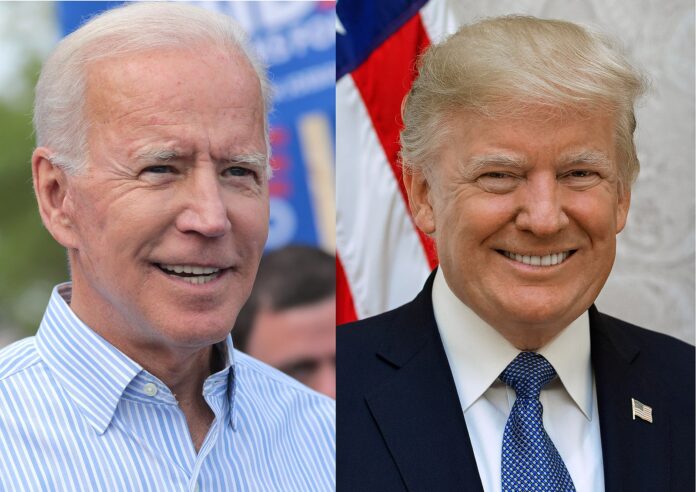Super Tuesday stands as a crucial moment in the American political arena, deeply influencing the trajectory of the presidential primary races for both the Democratic and Republican parties. This event, characterized by a large swath of states simultaneously hosting their primaries or caucuses, represents a vital phase in the nomination process, where a significant number of delegates are at stake. It serves as a litmus test for the national appeal of the candidates and often shapes the narrative for the ensuing election cycle.
The Republican Primary
In the Republican race, Super Tuesday witnessed former President Donald Trump reinforcing his influential position within the party. With a considerable portion of GOP delegates on the line, Trump’s performance was a focal point, reflecting his enduring support base within the GOP and reinforcing his position as the frontrunner. Trump’s success in securing a vast number of the available delegates underscored his formidable campaign and pointed towards his likely path to clinching the party’s nomination once again.
The Democratic Primary
On the Democratic front, Super Tuesday was pivotal for candidates aspiring to emerge as the key challenger to the Republican nominee. This day provided Democratic contenders with an opportunity to demonstrate their electoral viability across a broad spectrum of states and voter demographics. The day’s significance in sculpting the Democratic contest cannot be overstated, functioning as a crucial test of the candidates’ ability to rally support nationwide and forge the necessary coalition to progress towards the nomination. Among the Democratic contenders, President Joe Biden, seeking re-election, effectively faced no significant opposition, effectively making him the party’s choice once again on Super Tuesday.
Implications of Super Tuesday
The ramifications of Super Tuesday extend well beyond the immediate allocation of delegates. It offers candidates a chance to gain momentum, secure a lead in delegate count, and affirm their standing within their respective parties. The distribution of delegates on this day can significantly impact the direction of the primary races, influencing campaign strategies, shaping media coverage, and affecting how voters perceive the candidates.
Moreover, Super Tuesday is instrumental in assessing the organizational capabilities and broader appeal of the candidates. Achieving success requires a well-orchestrated campaign, effective outreach to voters, and the ability to connect with a diverse electorate across multiple states. It rewards those candidates who possess broad appeal and the logistical acumen to manage a national campaign.
Looking Forward
As the primary season unfolds, the outcomes of Super Tuesday will continue to play a pivotal role in shaping the strategies of the remaining candidates. Those who performed well are likely to leverage their success to build momentum, while others may need to reevaluate their approaches. The delegate leads established on Super Tuesday lay the groundwork for the subsequent stages of the nomination races, influencing party endorsements, fundraising efforts, and strategies for mobilizing voter support.
In summary, Super Tuesday is a defining moment in the U.S. electoral process, providing critical insights into the electorate’s preferences and the strategic positions of the presidential hopefuls. Its results set the stage for the remainder of the primary season, highlighting the competitive and evolving nature of the race for the White House. As candidates progress, the lessons learned and the momentum gained (or lost) on Super Tuesday will undoubtedly be instrumental in shaping their campaigns and enhancing their chances of securing their party’s nomination.
Image is licensed under the Creative Commons Attribution-Share Alike 2.0 Generic license and was created by krassotkin.









